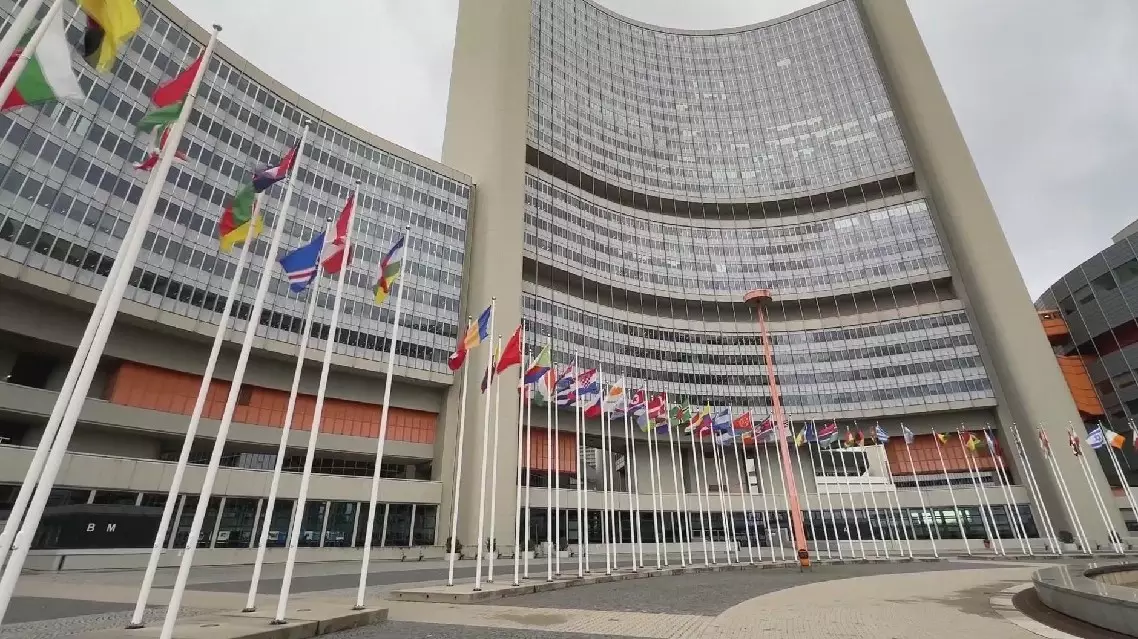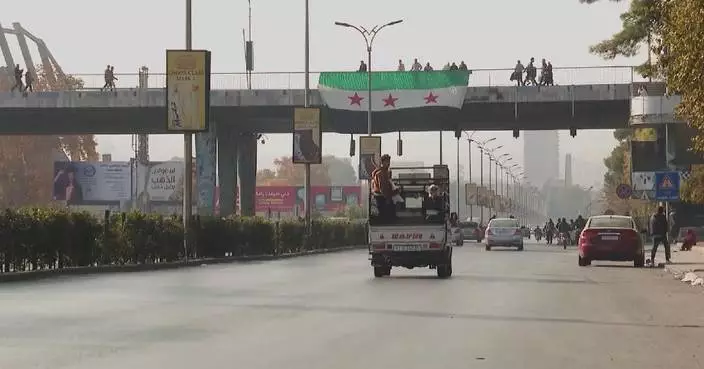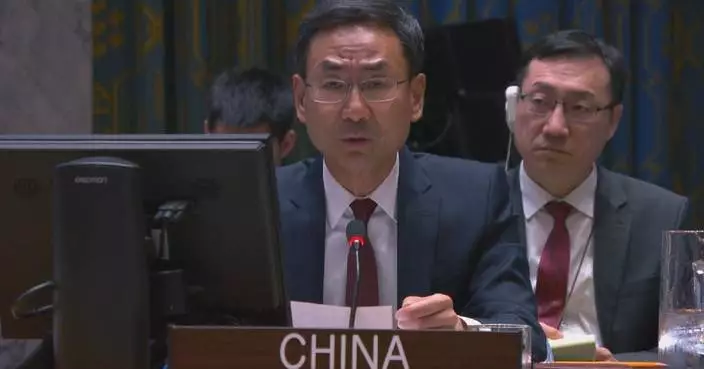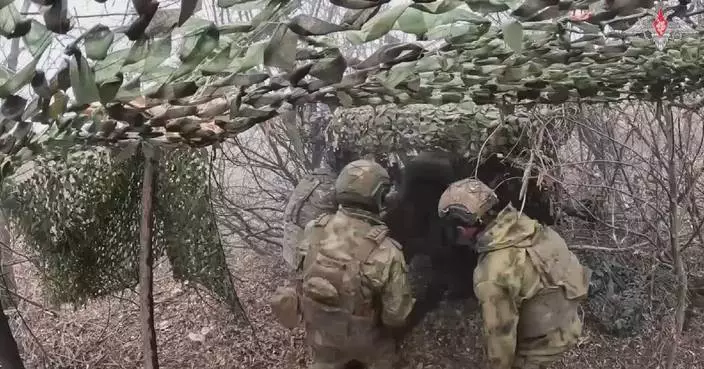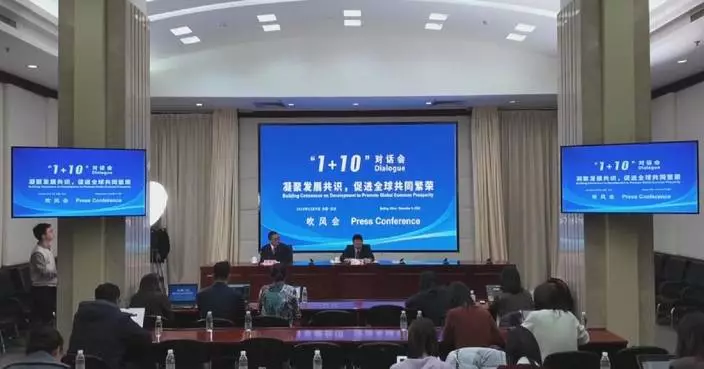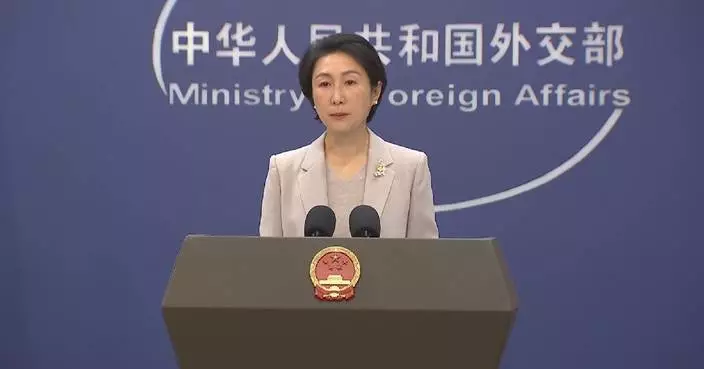The international community must work together to push for an immediate and unconditional ceasefire in the Gaza Strip, a Chinese envoy to the United Nations said on Wednesday.
The UN General Assembly (UNGA) at the same day adopted two non-binding resolutions at its emergency special session on the Palestine question, with one demanding a ceasefire in Gaza and the release of hostages and the other one calling on Israel to rescind its new laws on banning the UN Relief and Works Agency for Palestine Refugees (UNRWA).
The ceasefire resolution was passed with 158 votes in favor, 9 against and 13 abstentions. The United States and Israel were among the countries which voted against the resolution.
The resolution supporting UNRWA's operation received 159 votes in favor, 9 against, and 11 abstentions.
Speaking at the session, China's Permanent Representative to the United Nations Fu Cong noted that the two resolutions reflect the international community's call for justice.
The 14-month war in Gaza has resulted in the deaths of over 40,000 Palestinians so far, with survivors still facing severe shortages of necessities and living in despair, Fu said, noting the indiscriminate Israeli bombardments have been appalling.
"The world cannot revert to an era dominated by the law of the jungle, and we can't allow the law of the jungle to become the new norm. We must push for an immediate and unconditional ceasefire in Gaza. A ceasefire is essential for saving lives and restoring peace. Tying the ceasefire to other issues or setting preconditions for it actually gives a green light to the continuation of conflict and connives at ongoing killings. We must uphold the authority of international law, fulfill our obligations under it, and tolerate no exceptions," said Fu.
"We must revitalize the two-state solution with the utmost urgency. The only way to achieve lasting peace between Palestine and Israel is for both states to coexist side by side, with shared security and development. The international community should step up efforts to ensure the implementation of the two-state solution. Currently, it is crucial to help Palestine improve its governance capabilities and support its internal consultations to reach an agreement on future arrangements for Gaza. At the same time, we must remain vigilant against and oppose unilateral actions that could undermine the foundation of the two-state solution, including attempts to further expand settlement areas in the West Bank and to annex the region," he said.
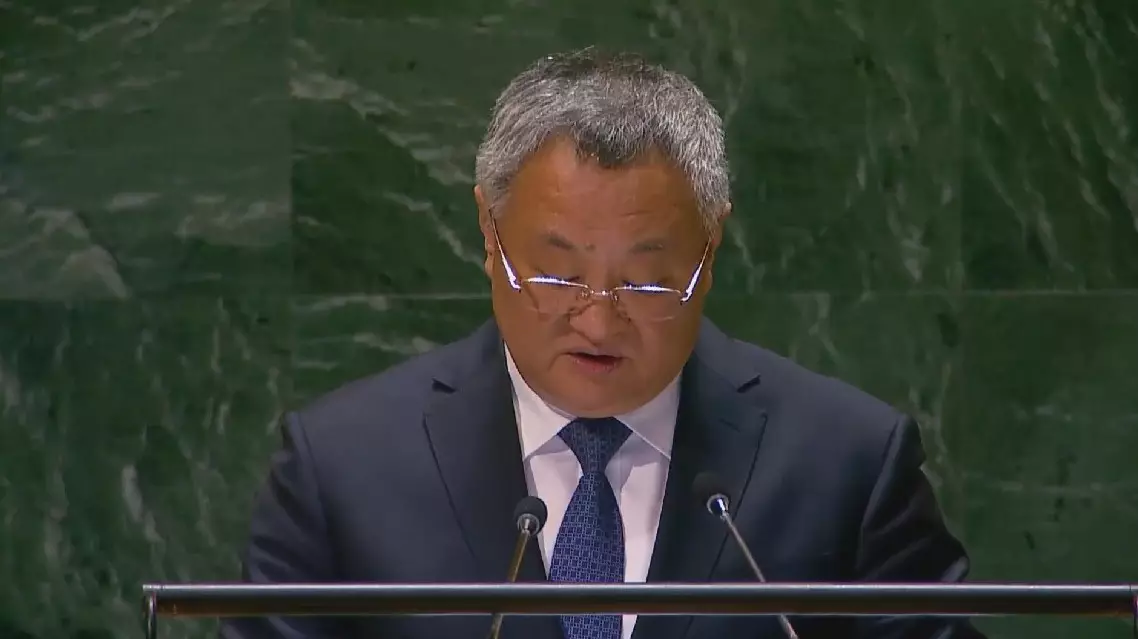
China urges further efforts for immediate, unconditional ceasefire in Gaza


